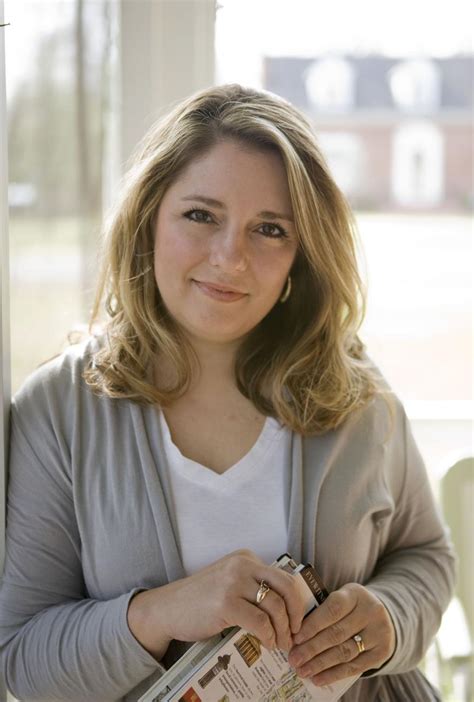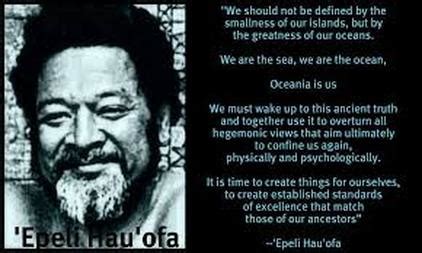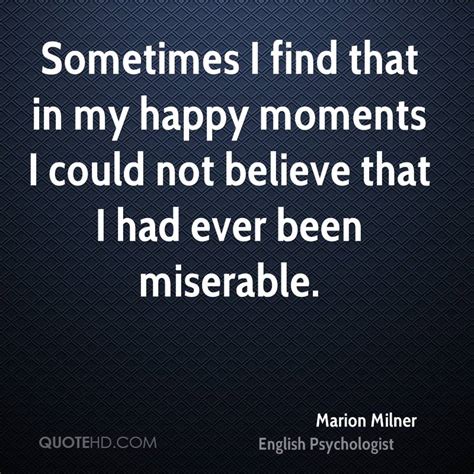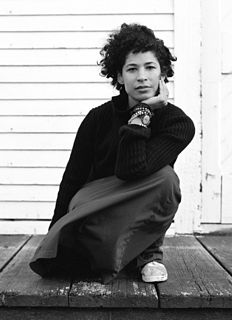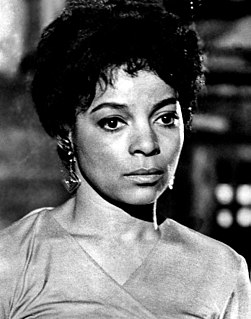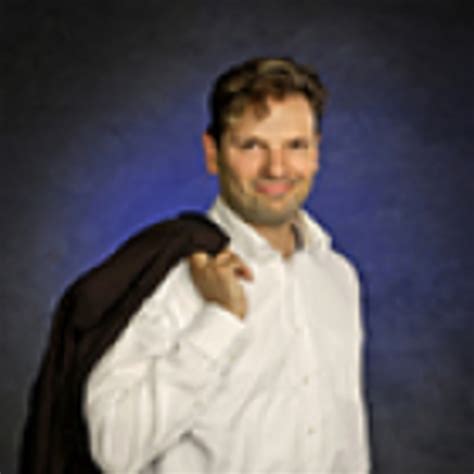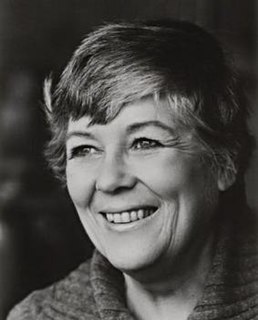A Quote by Sharon Cameron
It occurred to me at some point that what really links us to the past is memory, and there's so much we've forgotten.
Related Quotes
Memory is corrupted and ruined by a crowd of memories. If I am going to have a true memory, there are a thousand things that must first be forgotten. Memory is not fully itself when it reaches only into the past. A memory that is not alive to the present does not remember the here and now, does not remember its true identity, is not memory at all. He who remembers nothing but facts and past events, and is never brought back into the present, is a victim of amnesia.
So much of the past in encapsulated in the odds and ends. Most of us discard more information about ourselves than we ever care to preserve. Our recollection of the past is not simply distorted by our faulty perception of events remembered but skewed by those forgotten. The memory is like twin orbiting stars, one visible, one dark, the trajectory of what's evident forever affected by the gravity of what's concealed.
We live with such easy assumptions, don't we? For instance, that memory equals events plus time. But it's all much odder than this. Who was it said that memory is what we thought we'd forgotten? And it ought to be obvious to us that time doesn't act as a fixative, rather as a solvent. But it's not convenient--- it's not useful--- to believe this; it doesn't help us get on with our lives; so we ignore it.
That the past is ahead, in front of us, is a conception of time that helps us retain our memories and to be aware of its presents. What is behind us [the future] cannot be seen and is liable to be forgotten readily. What is ahead of us [the past] cannot be forgotten so readily or ignored, for it is in front of our minds' eyes, always reminding us of its presence. The past is alive in us, so in more than a metaphorical sense the dead are alive - we are our history.
Moments when the original 'poet' in each of us created the outside world for us, by finding the familiar in the unfamiliar, are perhaps forgotten by most people; or else they are guarded in some secret place of memory because they were too much like visitations by the gods to be mixed with everyday thinking.
When I was thinking about all the things that the world had forgotten, it made me think about people who have actually really forgotten everything, and how much of our identity is wrapped up in those memories, and how much of our experience makes us who we are, and remembering those experiences makes us who we are.
It seems to me, that this, too, is how memory works. What we remember of what was done to us shapes our view, molds us, sets our stance. But what we remember is past, it no longer exists, and yet we hold on to it, live by it, surrender so much control to it. What do we become when we put down the scripts written by history and memory, when each person before us can be seen free of the cultural or personal narrative we've inherited or devised? When we, ourselves, can taste that freedom.
I keep thinking my father gave me Turgenev, and then I realize at some point, Oh, this is a false memory. I mean, that's one of the things that interests me about memoir. It should be as much about how we remember, and that includes false memories, and the realization that one is having a false memory. That's the kind of an interesting way of layering the whole experience of recollection.
I'm still willing to continue living with the burden of this memory. Even though this is a painful memory, even though this memory makes my heart ache. Sometimes I almost want to ask God to let me forget this memory. But as long as I try to be strong and not run away, doing my best, there will finally be someday...there will be finally be someday I can overcome this painful memory. I believe I can. I believe I can do it. There is no memory that can be forgotten, there is not that kind of memory. Always in my heart.
In memory, you can access something from the past, anything that you've experienced that you remember - it's there. Now, you might have a memento of it in a photograph or in a film or a building or some clothes that you wore. There might be something that connects you to this memory. But all of us are just all caught in this time, whatever that is.
